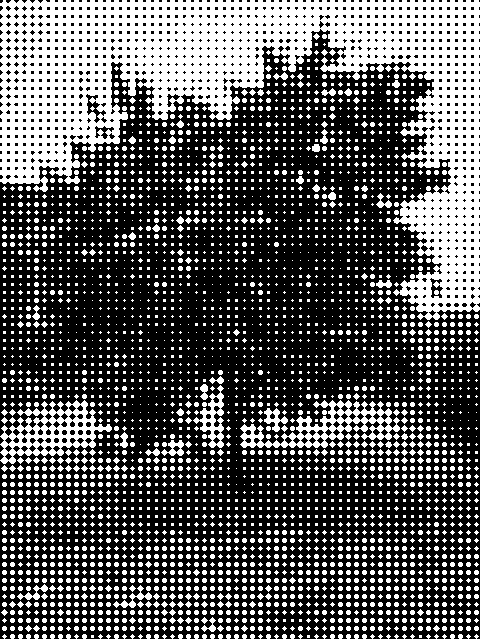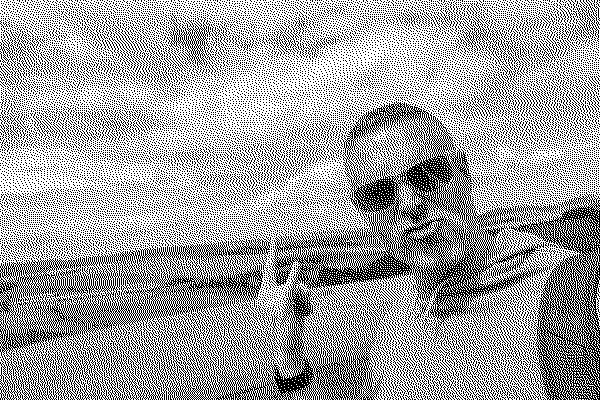Remaining unmanaged
For me, there’s a sweet spot between working in a permanent role within an organisation, and working as a consultant on a short-term basis with many different organisations. Some call this ‘contracting’, but I prefer the term ‘remaining unmanaged’.
Venkatesh Rao riffed on this in a recent (subscriber-only) post:
In the gig economy, freedom is primarily freedom from being managed. It’s a freedom that can seem like a curse to those who either enjoy being managed, or are too inexperienced to have learned adequate self-management behaviors. But like it or not, this is the freedom you have in the gig economy, and there is an art to thriving under this freedom you must learn, or it turns into a burden.
Venkatesh Rao, The Art of Gig
He goes on to explain that the reason traditional organisations have people managers is to prevent failure. They exist to prevent employees:
- Doing the wrong thing (misdirect effort)
- Doing the thing wrong (make mistakes)
- Cutting corners and do poor work out of laziness
- Working too slowly, creating delays
- Gaming incentives and work to minimal standards
- Acting maliciously due to unresolved resentments
- Acting unreliably due to personal life issues
- Lying or cheating in reporting on work
- Failing to resolve conflict with other employees
- Becoming unable to work due to illness
- Failing due to lack the right resources to succeed
- Failing due to essential tools or systems failing
If you work outside a regular organisation, as I do as a member of a worker-owned co-op, then you have to learn how to self-manage. Interestingly, if you do this well enough, then you and your crack team can perform a better job than an entire traditional department.
The pandemic has shown what we already knew: it’s entirely possible to work from home and co-ordinate your activities with other talented, self-directed, emotionally mature people. Perhaps we no longer need managers?
Instead, what we need are process people; emotionally-intelligent, tech-savvy conveners of people across organisations. They can’t rely on hierarchy to get things done, so they have to navigate their networks, assembling and dismantling fluid teams.
To some extent, we’re already getting to this scenario in some sectors and for particular projects. For example, our co-op has helped form part of a couple of Catalyst digital teams, helping charities respond to the implications of COVID-19.
There are many things that won’t go back to the ‘normal’ after the pandemic. Hopefully there will be collective desire to self-manage a lot more, forming nimble teams to work with like-minded people on stuff we find valuable.
This post is Day 34 of my #100DaysToOffload challenge. Want to get involved? Find out more at 100daystooffload.com


